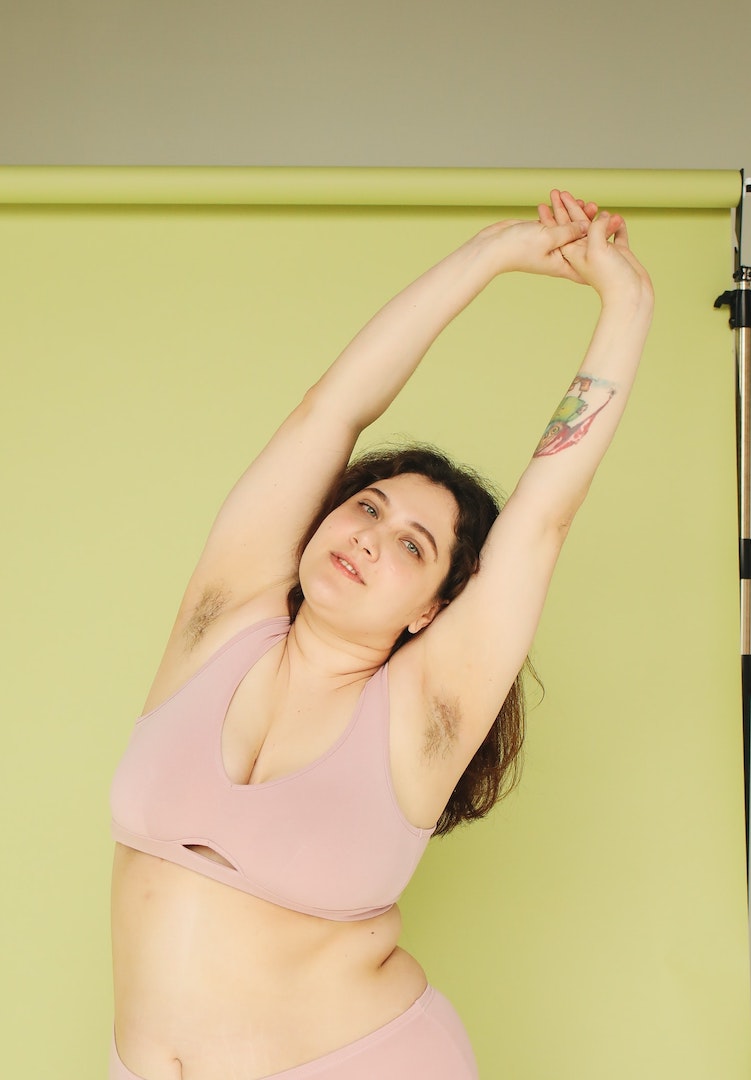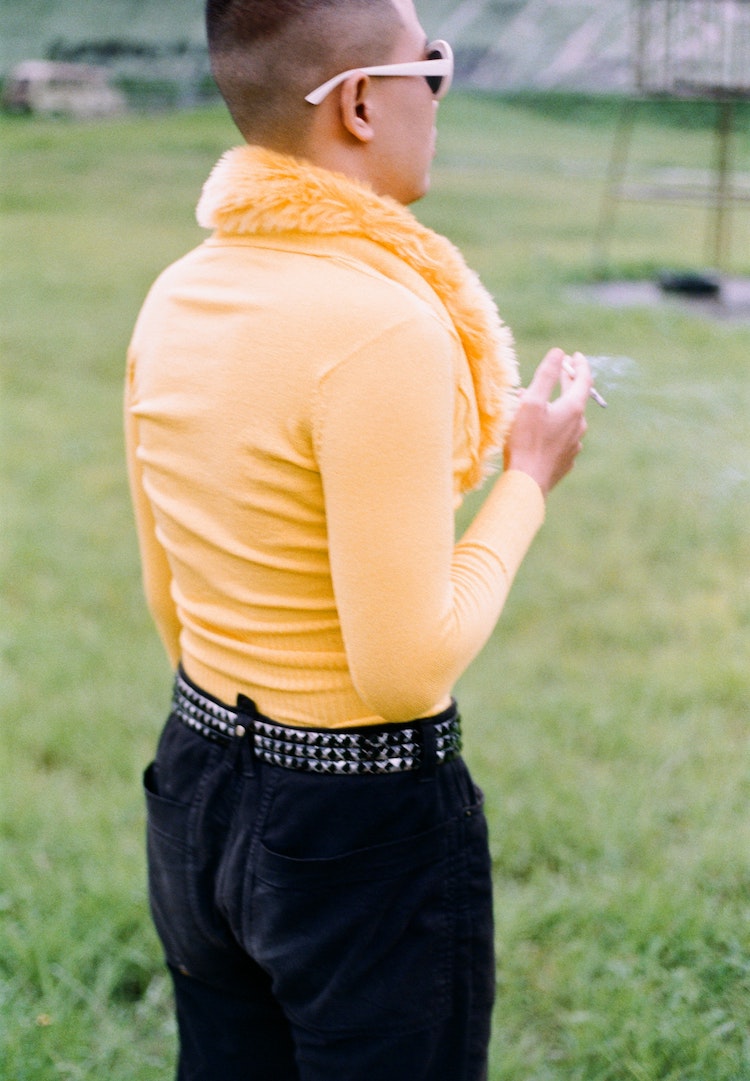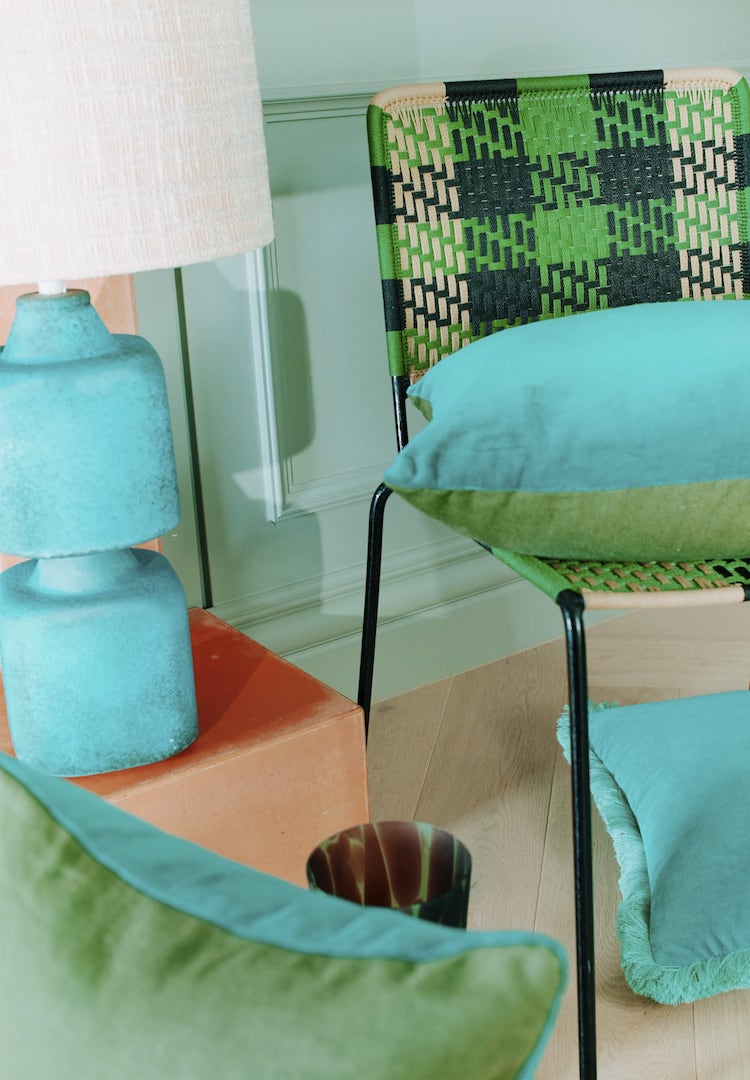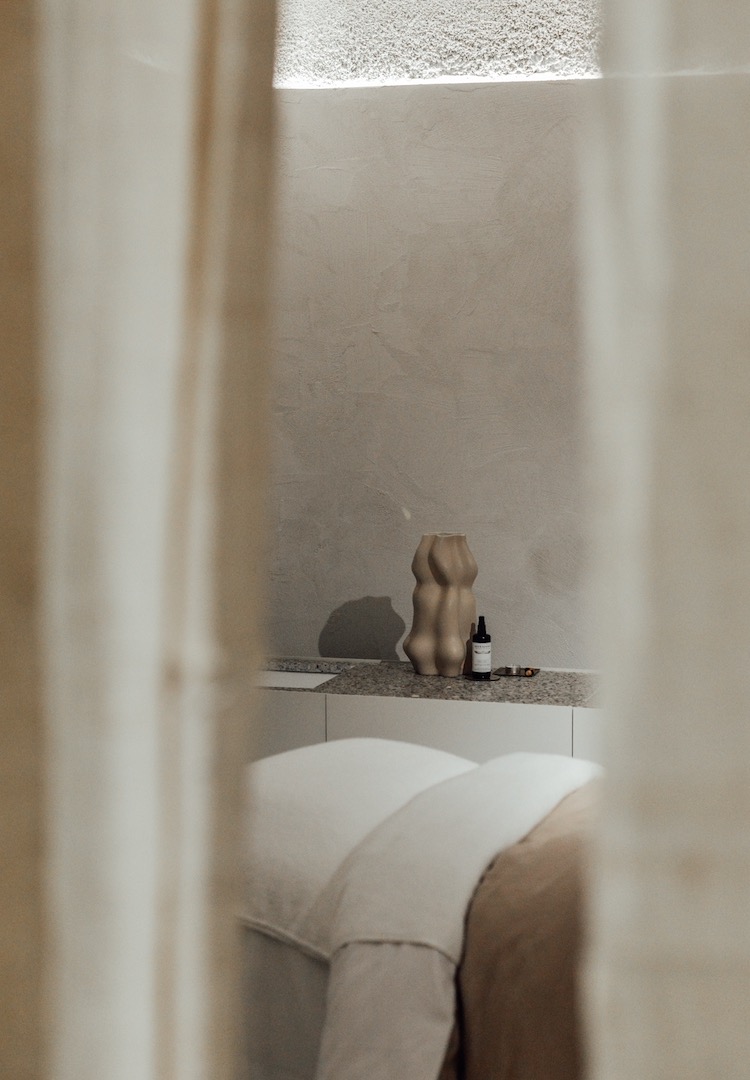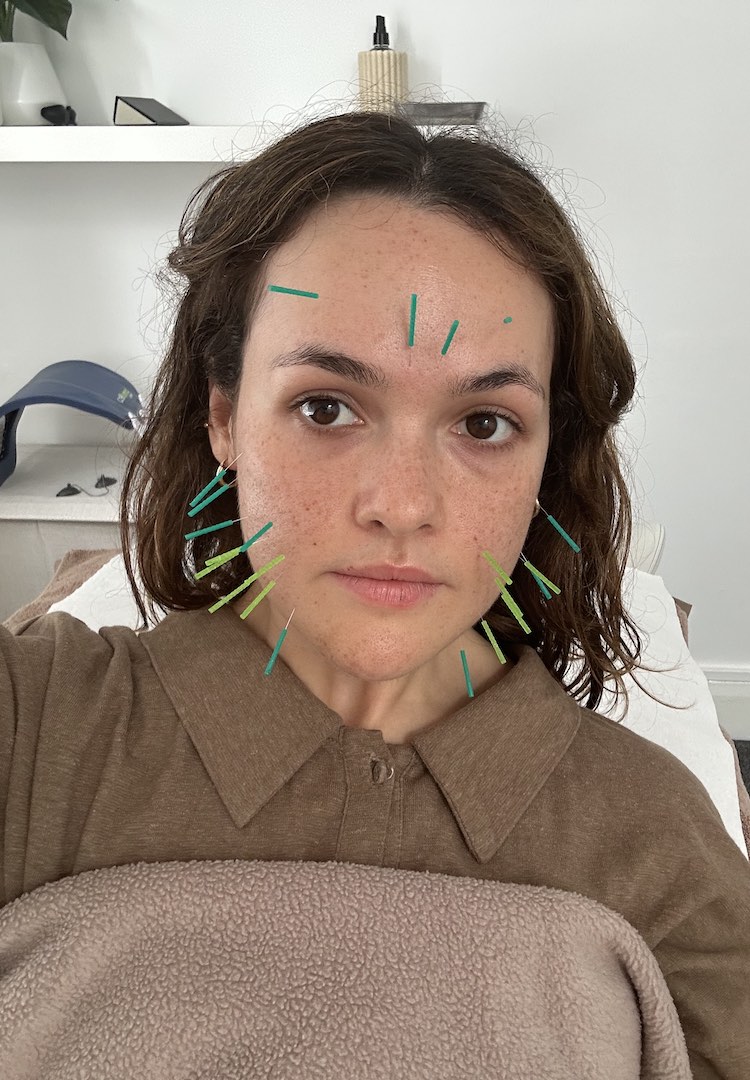I asked a dermatologist whether my diet of hot chips, beer and cigarettes in my twenties will affect how I age
WORDS BY ALICE JOHNSON
“So yes, I am ageing. And perhaps it’s happening a little faster than I would like it to due to certain lifestyle choices, but what now?”
I turn 28 this year, and while I’m aware age is just a number and I’m only as young as I feel, there are some physical signifiers on my face that are serving as clear reminders of the debauchery of my twenties. There are the countless packs of Marlboro Golds I smoked while backpacking through Italy, the nights I’ve stumbled past mothers with strollers and takeaway coffees on my way out of a lock-in at my local pub and my staple diet of caramel lattes, chips and gravy and Cadbury chocolate bars.
Signs of ageing and fatigue haven’t previously bothered me much but recently, I’ve started taking care of my health in a more consistent manner. Swapping vapes for morning runs and trying to incorporate more greens into my diet is something I’m trying to focus on this year, and in doing so, I’ve found myself thinking about the long-term impact of my ‘indulgent’ habits.
We like nosy people. Don’t be shy, head to our Beauty section for more.
Don’t get me wrong – I’m not hanging up my party shoes forever, but I am growing curious as to how to balance my lifestyle between beers and barre classes, and how to make sure I’m still here and looking cute for the Melbourne Airport Rail launch (see you in 2035 fellas).
Naturally, these curiosities led to me staring at my face, hands and decolletage (fancy word alert). I don’t particularly enjoy buying into the trope that my fast-approaching thirtieth birthday should be cause for a freak-out about ageing. But I can’t lie – I’m noticing the fine lines and pigmentation on my skin that have accumulated throughout my twenties. Of course, we all feel the pressure to keep up appearances and dealing with the shock of no longer being as young as we once were can be difficult.
So yes, I am ageing. And perhaps it’s happening a little faster than I would like it to due to certain lifestyle choices, but what now? Hungry for answers (and for something other than a protein smoothie) I reached out to Dr Cara McDonald, a dermatologist and the director of Complete Skin Specialists in Melbourne. Dr Cara specialises in cosmetic injections and educating her community on skin health, so she was the perfect person to pester with my burning questions about lifestyle and ageing.
How can we determine that lifestyle factors like excessive drinking, smoking, lack of sleep and diet have impacted our skin?
Negative lifestyle factors cause an increase in toxic free radicals in our skin as well as inflammation. If your lifestyle factors are adversely affecting your skin, you may notice a dull complexion, discolouration or pigmentation and breakouts. We often see a lack of consistency where your skin lurches from dry to oily to sensitive and inflamed and you feel like you’re constantly chasing your skin problems.
What are the known short-term and long-term effects of excessive alcohol consumption on our skin?
When we over-indulge in alcohol or other sugars, it causes inflammation in the skin resulting in a puffy, red appearance and acne breakouts. Dehydration from alcohol also affects the skin after a big night out, leaving the complexion dry and dull. Additionally, excessive alcohol consumption is associated with lack of sleep, which our body relies on for renewal and repair.
In the longer term, alcohol is a toxin to the body causing widespread inflammation and cellular stress. Longer term, we may see a dull, lacklustre complexion, rashes, breakouts and signs of premature ageing.
How does smoking change the appearance and health of the skin?
Nicotine causes many long-term changes in the skin primarily by constricting blood vessels which reduces oxygen and nutrient delivery, giving the skin a dull and sallow appearance. Nicotine also causes toxin accumulation in the body, which accelerates the signs of ageing by damaging our collagen and elastin fibres. Additionally, smoking is also known to increase the risk of inflammatory skin diseases such as psoriasis.
If your wellbeing is compromised by poor sleep, how might this manifest on your skin?
Sleep is a vital component of living during which many processes in our bodies recover and rejuvenate, ensuring that toxins are cleared out and cells are repaired. Lack of sleep weakens the body’s ability to recover and repair. During sleep, the body releases growth hormones and melatonin which improve our ability to repair cells and fight free radicals respectively.
Conversely, lack of sleep causes the release of cortisol, [the] stress hormone, which is associated with weakening and thinning of the skin, loss of collagen, fine lines and wrinkles. Lack of sleep will manifest as dryness, inflammation (rashes and acne breakouts), puffiness around the eyes and signs of premature ageing.
I would say I was an overindulger in these types of lifestyle choices in my early twenties (and occasionally now from time to time). What steps can I take to reverse the effects my lifestyle choices may have had on my skin?
The good thing is that our bodies are masters of repair when we start looking after them. Antioxidants such as vitamin C can protect the skin against some of the toxic effects of alcohol by neutralising free radicals and oxidative damage in the skin. Good nutrition, hydration and adequate sleep are super helpful in optimising repair and long-term health.
So what have I learnt?
Well, probably that my lifestyle ‘shift’ is a step in the right direction to ensure my skin is as healthy as it can be, especially as I enter my thirties. I’ve also learnt that our bodies, and the skin especially (our body’s largest organ!), are working incredibly hard, so we need to make sure we reward them with some nourishment and a bit of self-care. And by tossing our vapes in the bin, of course.
You can find Dr Cara online at Complete Skin Specialists or via Instagram here.

